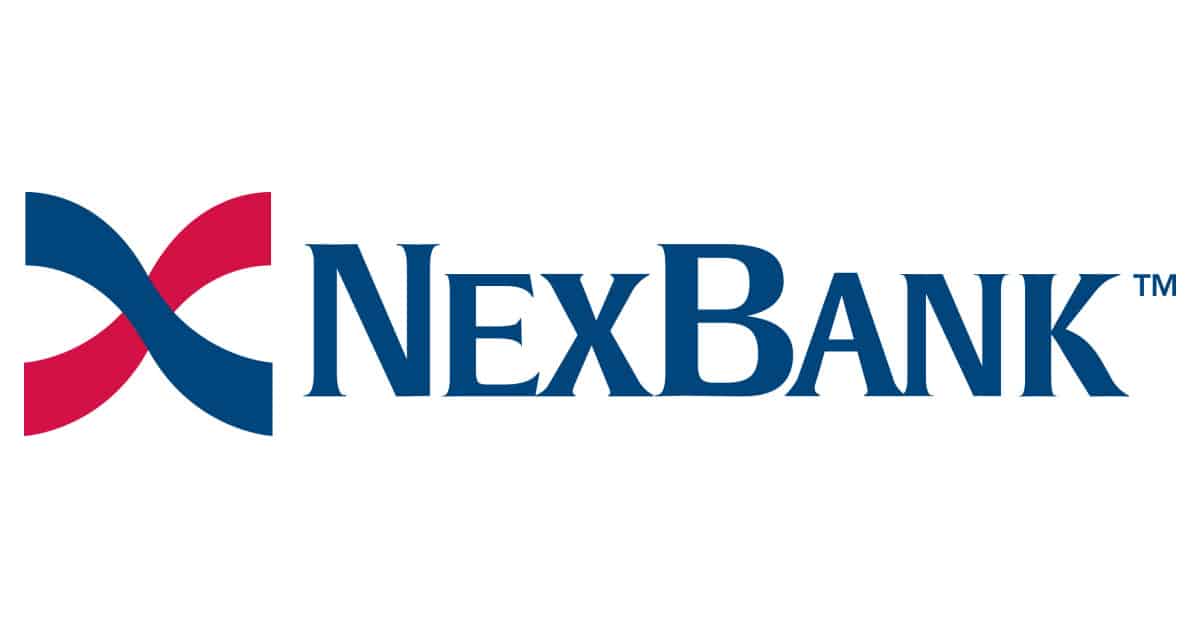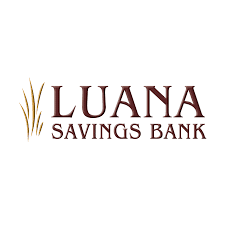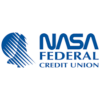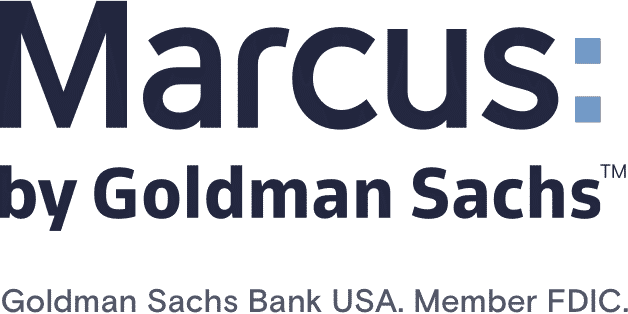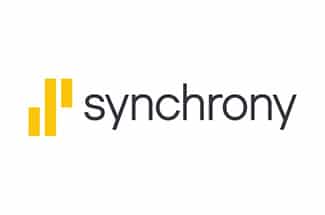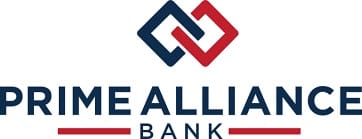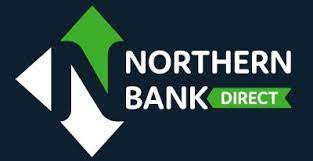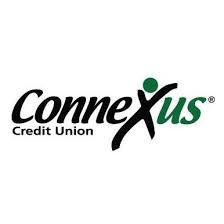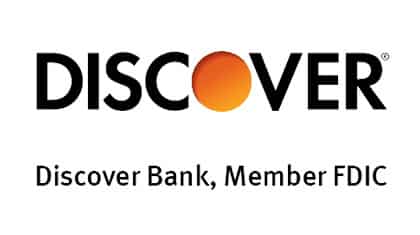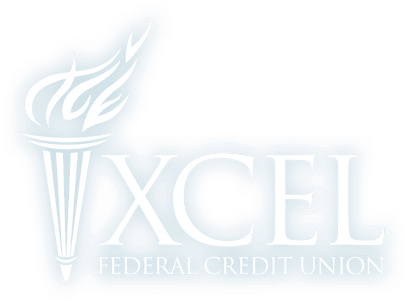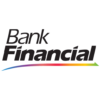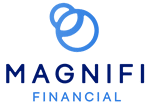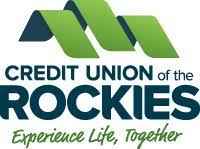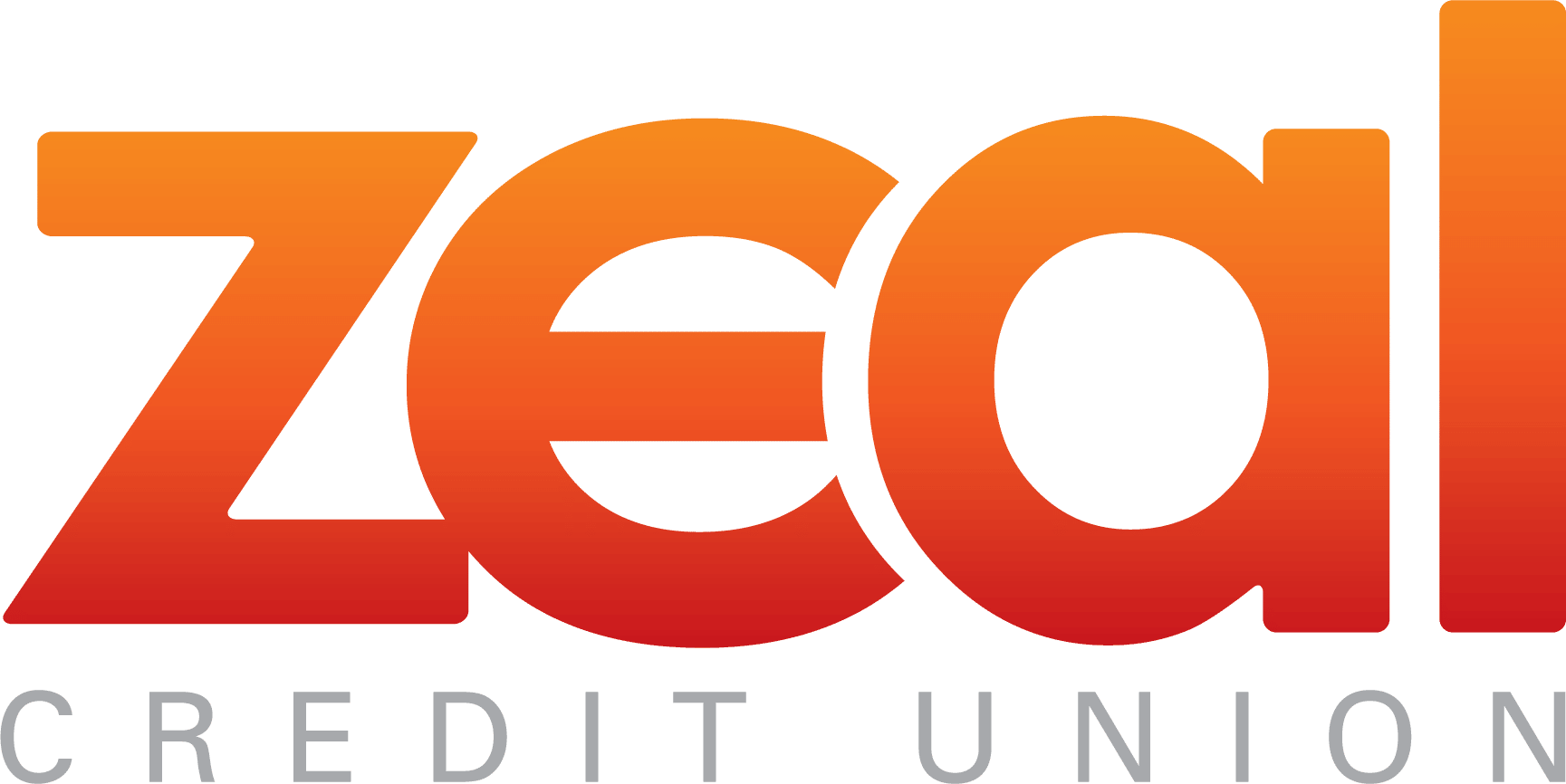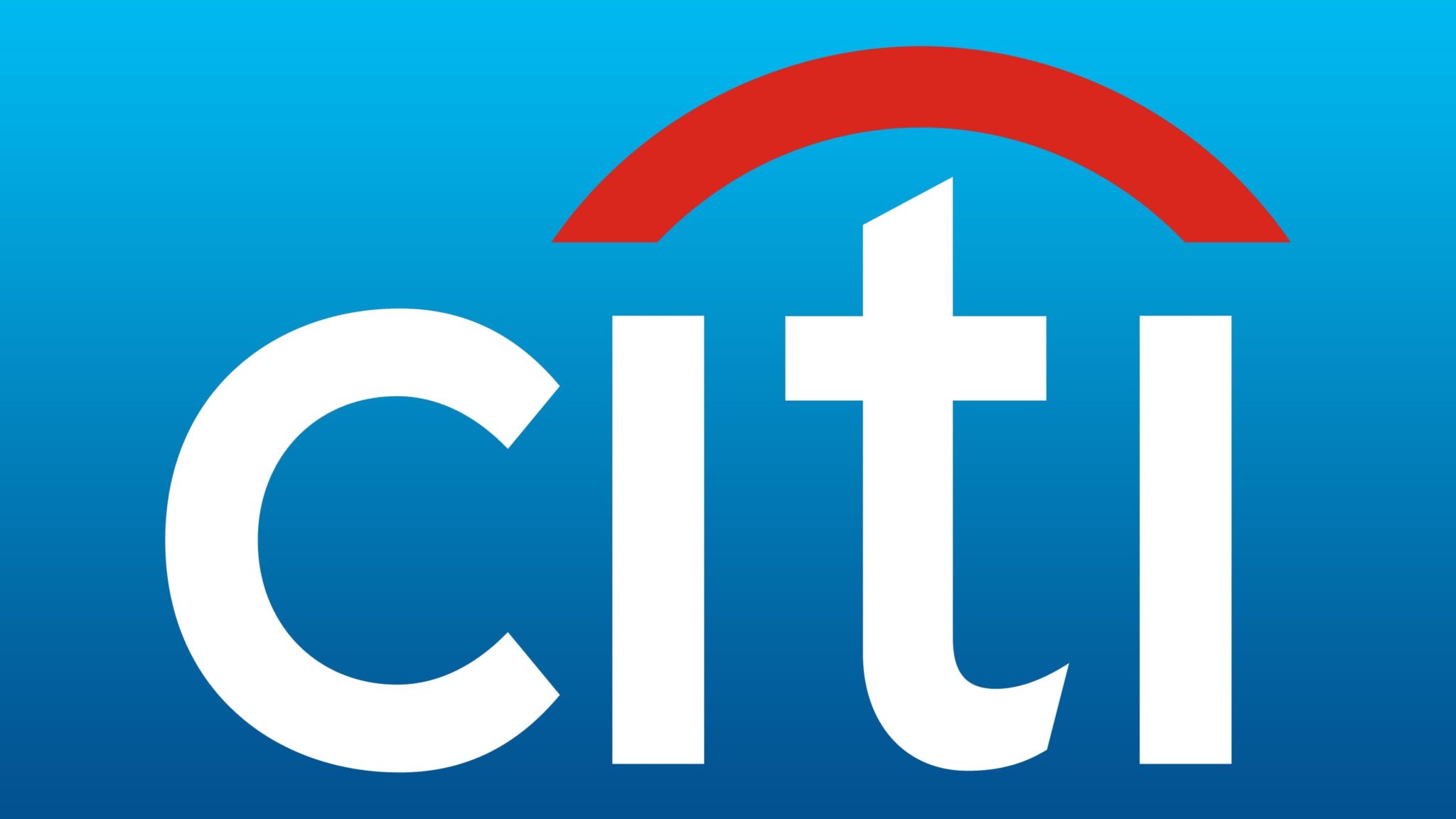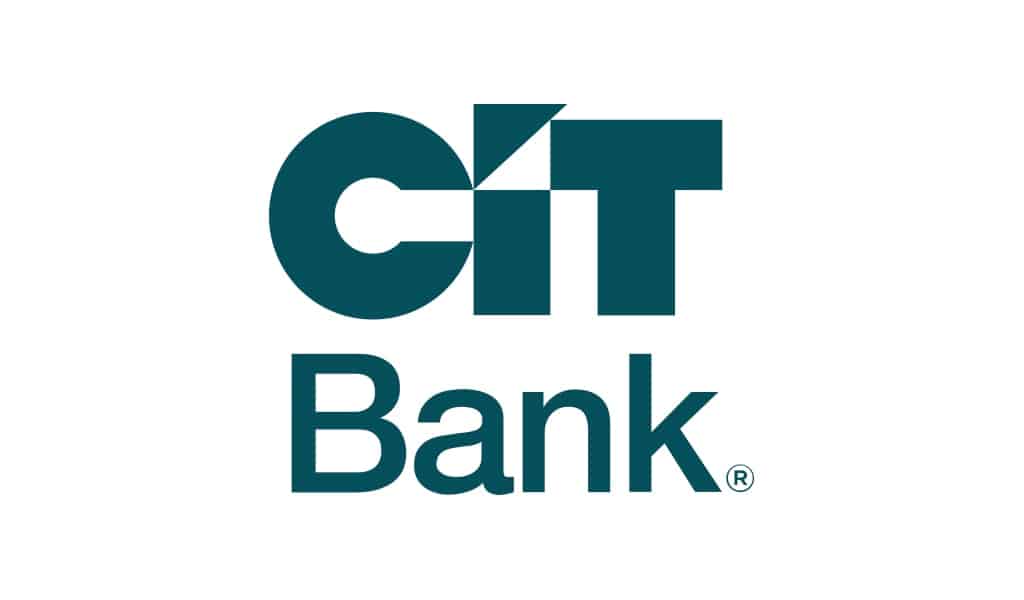Editorial Note: We earn a commission from partner links on Doughroller. Commissions do not affect our authors’ or editors’ opinions or evaluations. Learn more here.
Compare 4-year CD rates: We track the highest paying, nationally available 4-year CDs from federally insured banks and credit unions. Below we list the 48-month CDs in our database, ordered from highest APY to lowest and highlight a handful of the CDs we believe are the best to own right now.
Editor’s Pick

BMO Alto offers a 48-month CD with a top-tier fixed interest rate of %. There is no minimum deposit required to open this four-year CD and all BMO Alto CDs are FDIC-insured up to the $250,000 maximum.
- Current APY – %
- Minimum Deposit Requirement – None
- Early Withdrawal Penalty – 180 days of simple interest
The Rest of the Best 4-Year CDs
1. Credit Human

Certificate of Deposit
Member NCUA
APY
%
Term
36-59 Months
Min. Deposit
$500
Our Rating: 4.7
2. Discover® CD

Certificate of Deposit
Member FDIC
APY
%
Term
48 Months
Min. Deposit
$2,500
Our Rating: 4.6
3. First Internet Bank
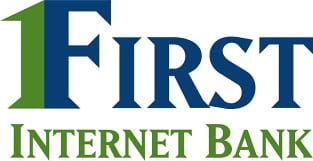
Certificate of Deposit
Member FDIC
APY
%
Term
48 Months
Min. Deposit
$1,000
Our Rating: 4.6
4. Alliant Credit Union
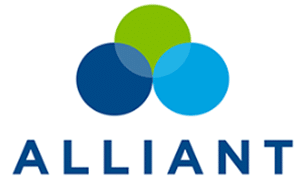
Certificate of Deposit
Member NCUA
APY
%
Term
48 Months
Min. Deposit
$1,000
Our Rating: 4.6
5. Capital One
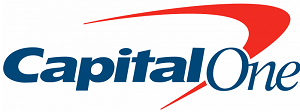
Certificate of Deposit
Member FDIC
APY
%
Term
48 Months
Min. Deposit
$1
Our Rating: 4.5
Highest 4-Year CD Rates by APY
For many consumers, the only thing that matters when opening a CD is how high the interest rate is. In that spirit, we’ve listed the top 4-year CDs by interest rate below. It would be wise to check the early withdrawal penalty and customer reviews for a CD before opening one but this table will show you which banks are paying the highest APY.
101 Results

4-Year Mega Saver Share Certificate with One-time Bump
4.30%
$100,000
-
4-Year CD Returns vs Savings, Money Markets and Investing
When compared to other forms of investing, a 4-year CD holds up pretty well. Both savings and money markets offer similar returns and FDIC protection but have two distinct differences:
- CD interest rates are fixed, meaning they will not change for the entire term while savings and money market interest rates are variable. This can work for or against you depending on whether or not rates increase or decrease.
- Cash is liquid in a savings and money market account while it is frozen in a CD. This again can work for or against you depending on situations where you need or think you need cash but most would argue having liquidity is better.
Considering these two differences, it’s wise to use CDs for diversification and not put all of your available cash in an untouchable deposit account for four years.
When comparing a 4-year CD to investment returns, there is no question that in a good year, you can do a lot better than a 4% rate of return in the market, however, you have no security in the S&P. The potential negative rate of return does not exist in a CD so again, it’s wise to diversify and make CDs part of your investing strategy but not the whole kit and kaboodle.
How We Chose the Best 4-Year CDs
Before opening a CD, there are three things that tend to be the most important.
- Interest Rate (APY) – How much interest are you expected to earn throughout a 4-year CD depends solely on the CD’s APY. This rate of return is guaranteed throughout the term of the CD, meaning that for the entire 4-years, your interest rate never changes. The higher, the better, and with the CDs above, we’ve ensured the rate of return is in the top 5% of all CDs nationwide.
- Early Withdrawal Penalty – The biggest difference between a CD and a savings account is liquidity. In a savings account, you are free to access your money at any time, but with a CD, you can only access your funds during a specific period after the CD matures. Withdrawing funds automatically closes the CD and doing so early earns you a penalty. Finding a CD with the smallest penalty possible is always a good idea.
- Minimum Deposit Requirement – When finding the highest rates and the lowest early withdrawal penalties, that sometimes means a high opening deposit is required. Few CDs allow for no deposit minimum but we have found some of them and rate those CDs better.
Banks we included in our review are as follows: Affirm, Alaska USA Federal Credit Union, All America Bank, Alliant Credit Union, Ally Bank, Amalgamated Bank, America First Credit Union, American Express National Bank, Andrews Federal Credit Union, Associated Bank, Axos Bank, Bank of America, Bank of the West, Bank5 Connect, Bank7, Barclays, Bask Bank, Bethpage Federal Credit Union, BMO, BMO Alto, Boeing Employees Credit Union, Bread Savings, Capital One, Carver Federal Savings Bank, Charles Schwab Bank, Chase, Chime, CIBC U.S., CIT Bank, Citibank, Citizens, Citizens Bank, City First Bank, Climate First Bank, Commerce Bank, Community First Credit Union of Florida, ConnectOne Bank, Connexus Credit Union, Consumers Credit Union, Credit Human Federal Credit Union, Current, Delta Community Credit Union, Discover Bank, E*TRADE, EverBank (formerly TIAA Bank), Fifth Third Bank, First Foundation, First National Bank, First Tech Federal Credit Union, Flagstar Bank, FNBO Direct, GO2bank, GreenState Credit Union, Golden 1 Credit Union, Greenwood, Hope Credit Union, Huntington Bank, Industrial Bank, Ivy Bank, KeyBank, Lake Michigan Credit Union, LendingClub Bank, Liberty Bank, Live Oak Bank, M&T Bank, Marcus by Goldman Sachs, mph.Bank, Nationwide (by Axos), Navy Federal Credit Union, NBKC, One, OneUnited Bank, Pentagon Federal Credit Union, PNC, Ponce Bank, Popular Direct, Quontic Bank, Regions Bank, Revolut, Salem Five Direct, Sallie Mae Bank, Santander Bank, SchoolsFirst Federal Credit Union, Security Service Federal Credit Union, Securityplus Federal Credit Union, Self-Help Credit Union, Service Credit Union, Skyla Credit Union, SoFi, State Employees’ Credit Union of North Carolina, Suncoast Credit Union, Synchrony Bank, TAB Bank, TD Bank, Truist Bank, U.S. Bank, UFB Direct, Union Bank, Upgrade, USAA Bank, Varo, Vio Bank, Wells Fargo, Western Alliance Bank and Zynlo Bank.
Frequently Asked Questions (FAQ)
Can I Open a 4-Year CD For My Children?
Absolutely. If you have dependents, you can open a CD in their name and each depositor will be insured up to the $250,000 FDIC maximum. In theory, if you are married and have two children, that means you can open four CDs with a single bank and be covered by $1 million in insurance (4 x $250,000).
How Do I Lose Interest in My 4-Year CD?
If you close your CD before it matures, you will incur a penalty. This penalty is typically in the form of earned interest and will be deducted from your balance when the money is returned to you.
For example, let’s say you had a 4-year CD open for three years and had to close it one year early. A $10,000 deposit at 4% interest would mean you have a current balance of about $11,250 and if the penalty was one year’s worth of interest, you would then receive back $10,835. In this case, the penalty would be a third of the interest you earned from the CD.
Final Thought on the Best 4-Year CDs
Four-year CDs are one of the more unusual investments because the lock-up period is long and in a high-rate environment, a four-year CD does not offer as high an interest rate as shorter-term CDs. The benefit of this CD is in its security; if rates drop precipitously, you’re going to earn more here than you will with other deposit rate environments.
Opening a four-year CD is always a good idea even if you sacrifice just a touch of potential interest. Zero risk with FDIC insurance, the peace of mind is worth its weight in gold (which has gone largely nowhere in a decade).

